Typhoid fever: traveler’s diarrhea
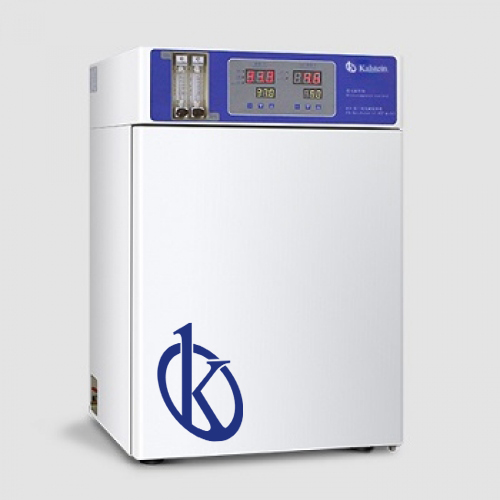
Typhoid fever is a life-threatening infection caused by Salmonella typhi bacteria. In general it spreads through contaminated food or water, this germ being identified through microbiological cultures.
The drying oven: from the simple to the complex
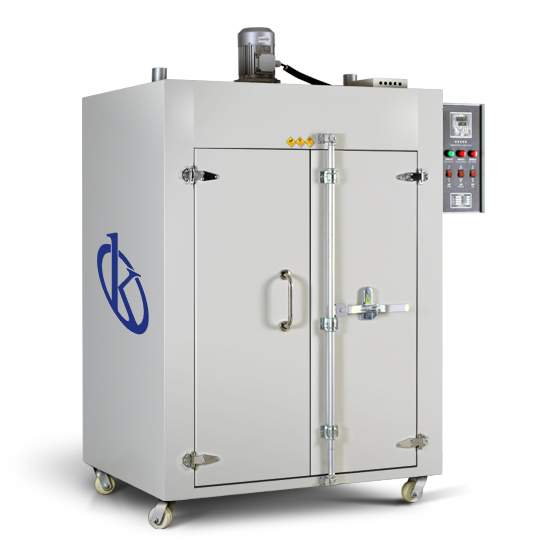
The drying oven is a device used to dry and sterilize glass and metal containers in the laboratory. It is also identified with the name Oven drying.
Dopamine modulates the reward caused by music
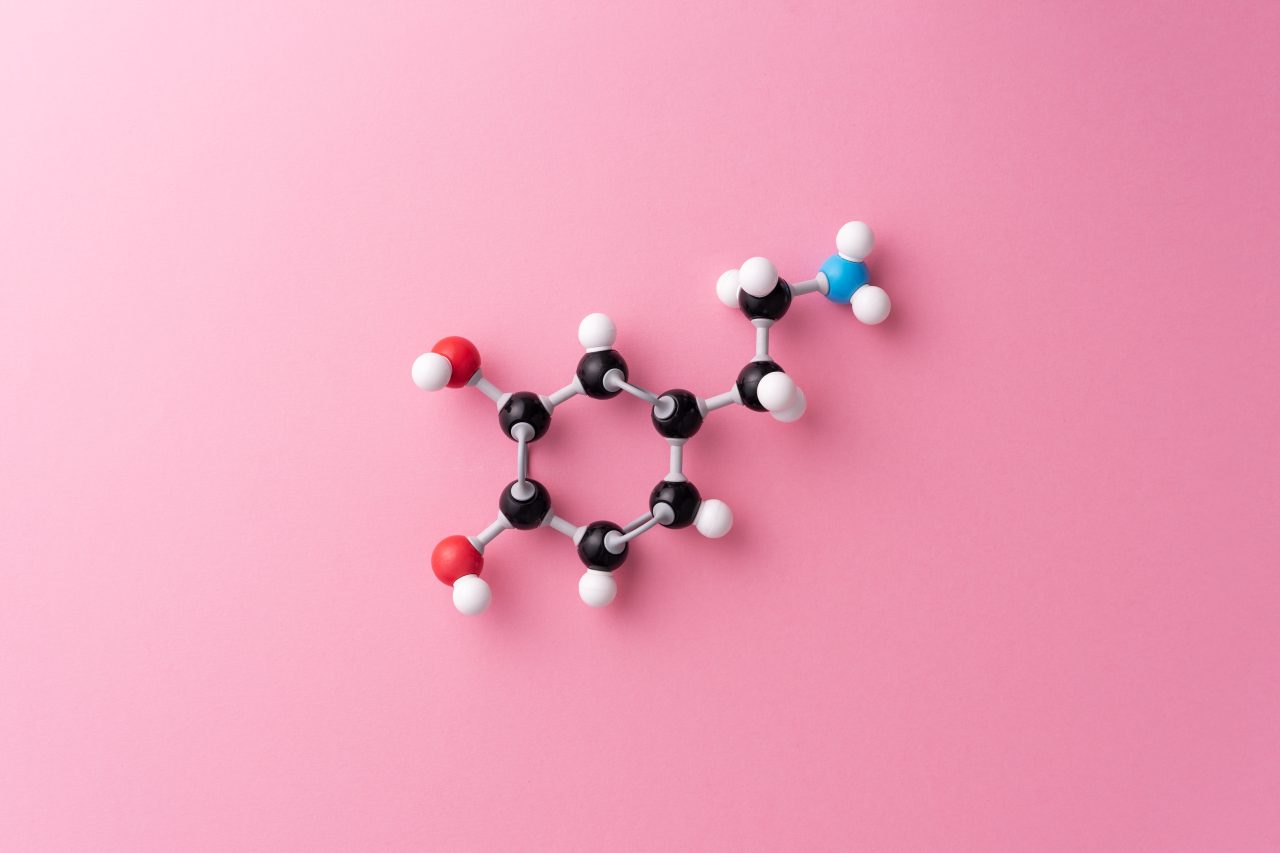
Dopamine is a chemical messenger (neurotransmitter) of the central nervous system (our brain).
Diabetes insipidus: Diagnosis and treatment

Diabetes insipidus is a rare but treatable condition that usually occurs with polydipsia and polyuria.
What precautions should we have to determine the coagulation times?

Coagulation is the result of a coordinated interaction of blood proteins, circulating cells, cells of the vasculature and proteins of the extracellular matrix in the vessel wall.
How To Choose The Correct Equipment For My Clinical Laboratory?
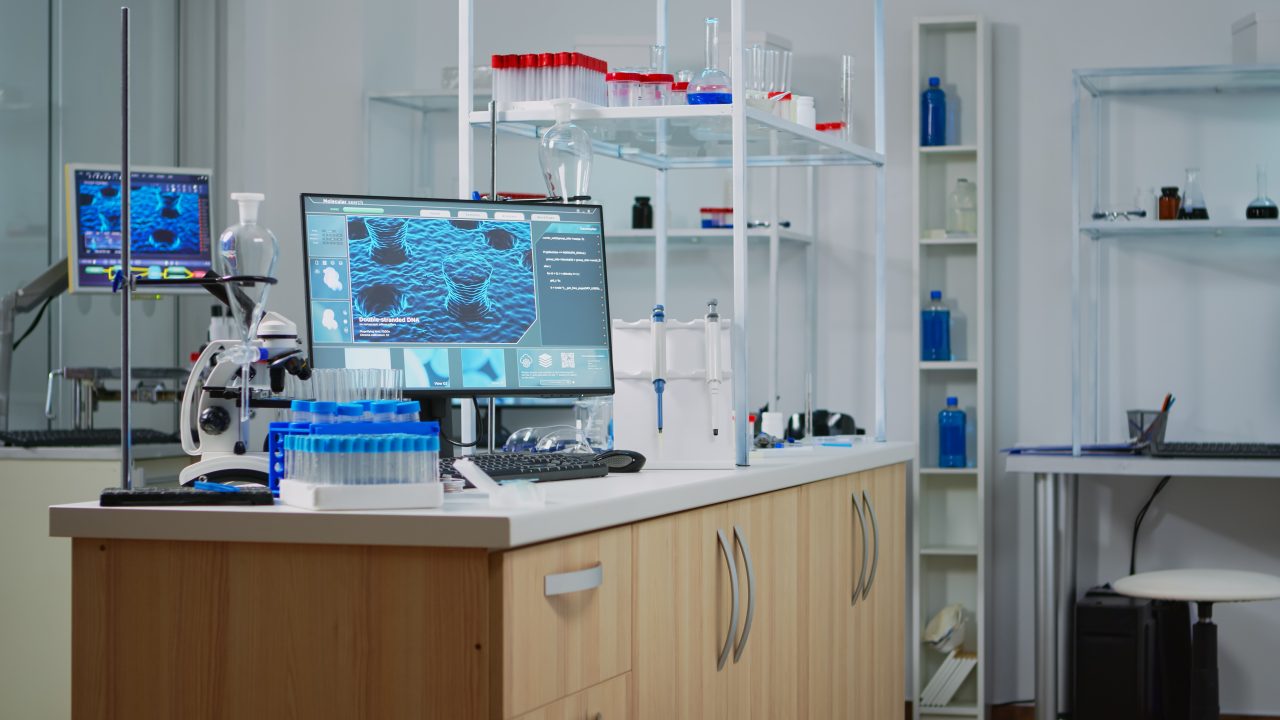
The passage of time has brought greater advances in the measurement equipment used in the laboratory, as well as a high level of sophistication,
How To Care And Maintain Your Laboratory Instruments?
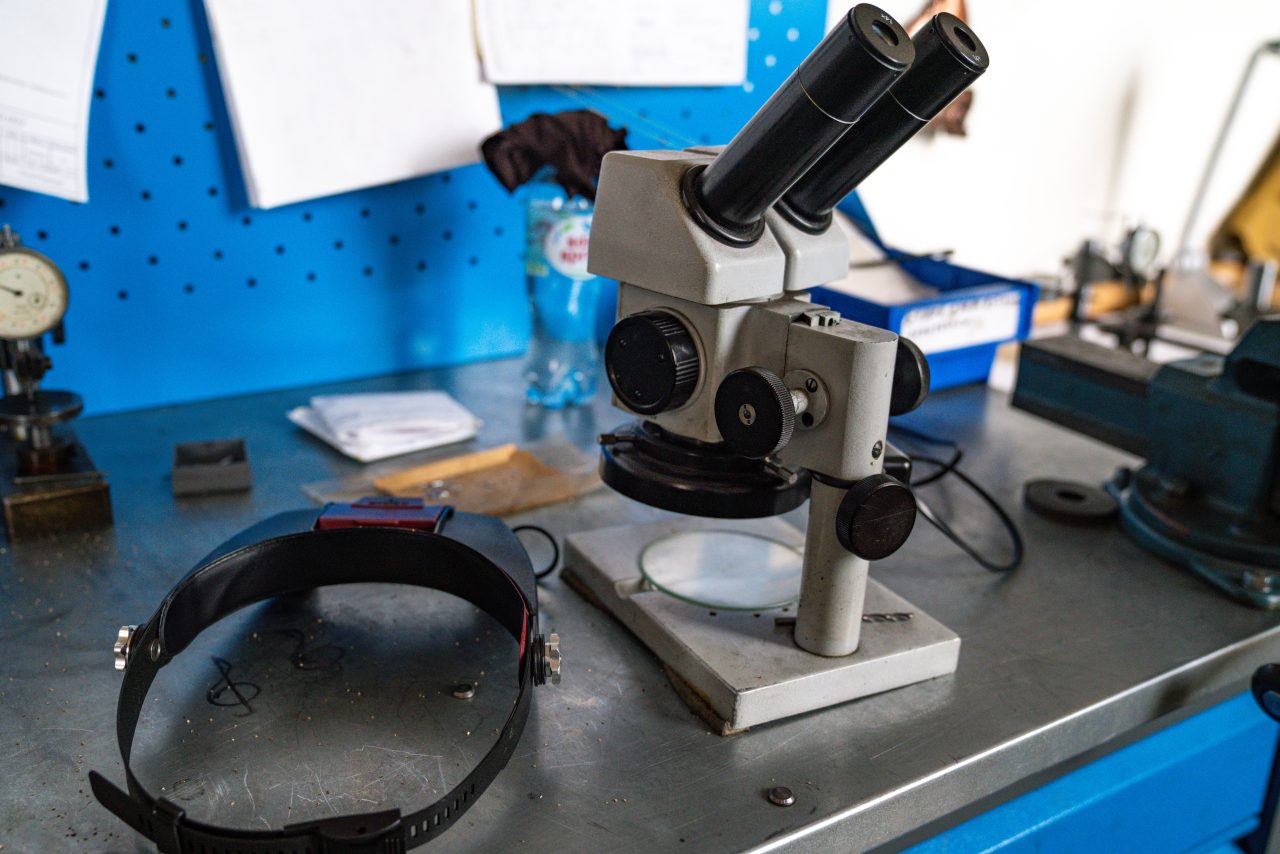
Laboratory instruments are indispensable in the work of experimentation and research of varied areas of knowledge such as medicine, biology, physics and chemistry.
How to act in case of the rupture of tubes inside a centrifuges?
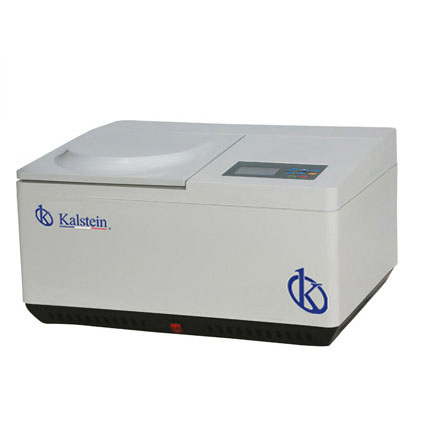
The centrifuges for laboratory are equipment used to make the sedimentation of the components in a homogeneous solution in their different densities.
How to address thrombocytosis?
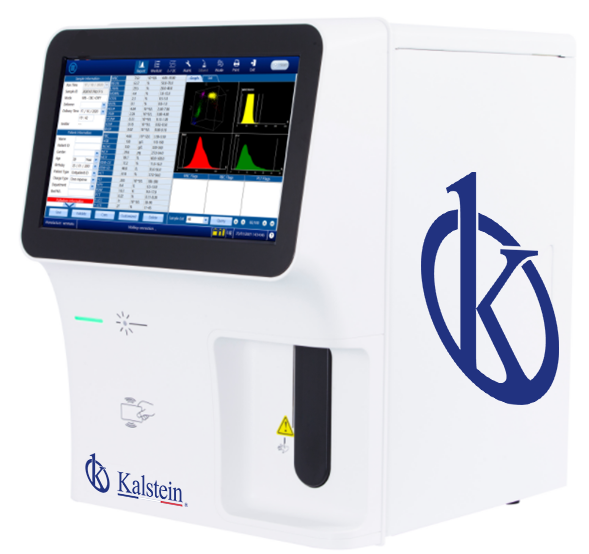
Thrombocytosis is defined as a platelet count increased by more than two standard deviations above the average (> 450,000 / mm3) and is observed in 2.3% of the population, preferably in people> 40 years.
Why Is It Recommended To Periodically Calibrate Analytical Balances?
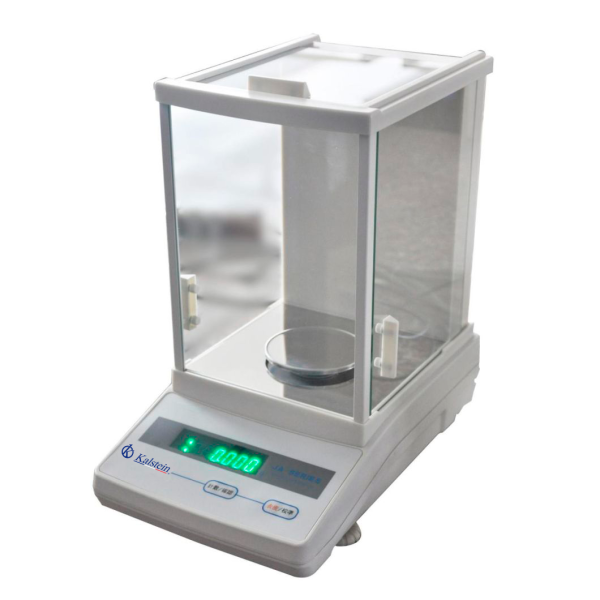
The balances are laboratory equipment that need periodic maintenance to keep them in the best operating conditions.
